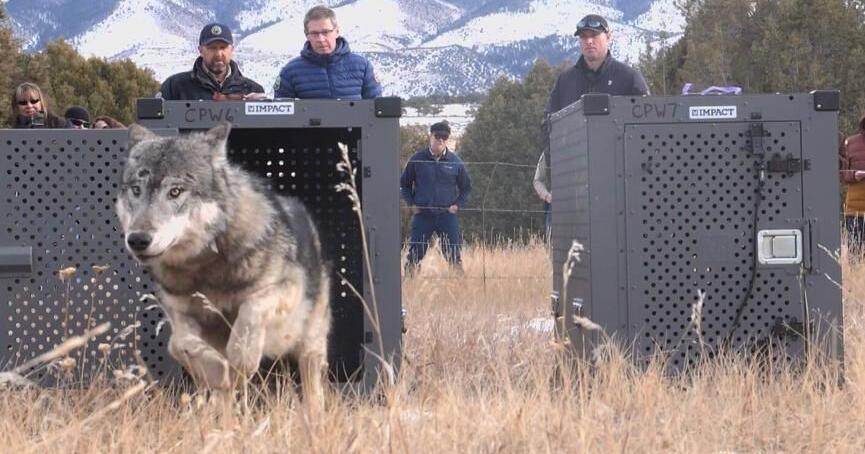CRWMI need to know one thing from you Colorado fellas. Where's the best place to donate in your opinion to have a impact on this cat hunting ban?

Support Us - Coloradans for Responsible Wildlife Management
All contributions to the Coloradans for Responsible Wildlife Management (CRWM) help fund the educational efforts and lobbying efforts.





